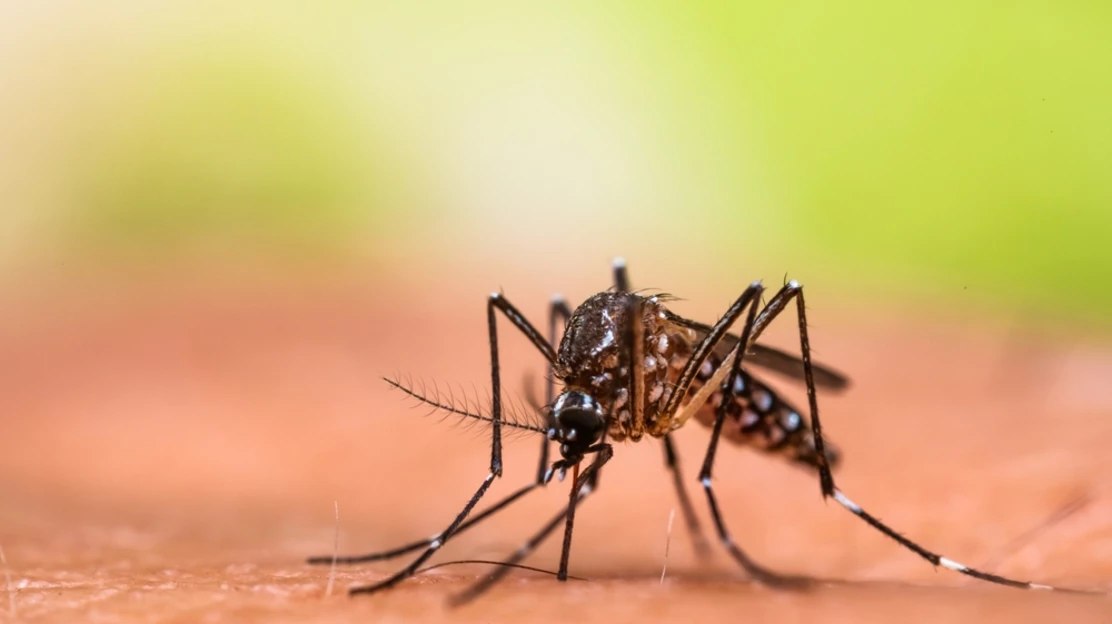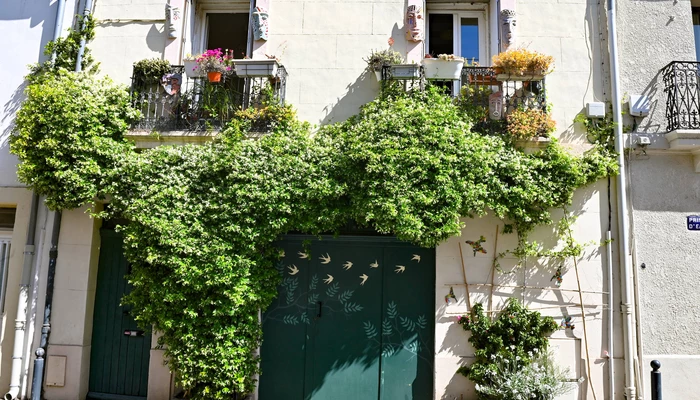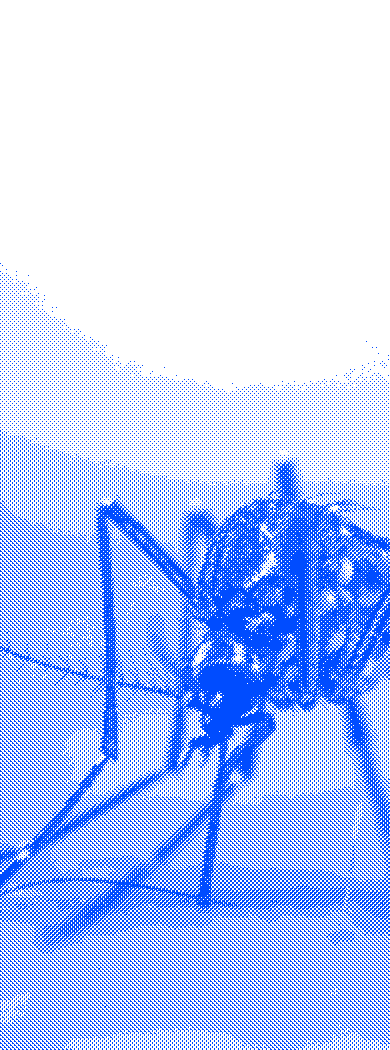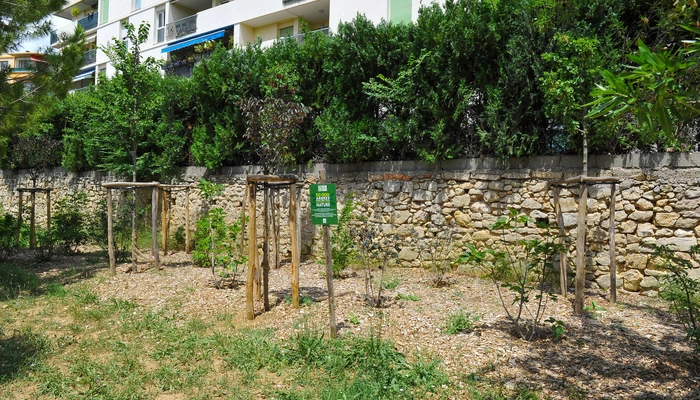Mosquito control
Protecting yourself
Eggs develop mainly in water-filled containers, before becoming larvae and then mosquitoes. Each individual moves within a radius of 50 to 200 m of its place of birth, and lays eggs in turn. To tackle the problem at source, you need to eliminate all potential egg-laying sites in your home:
- Remove containers likely to be filled with rainwater outdoors.
- Maintain your gutters regularly.
- Empty flowerpot saucers.
- Use a mosquito net or a sheet to cover your water reserves (well, water collector).
- Don't leave plant waste lying around in your garden.
- If possible, wear long, loose clothing impregnated with insecticides.
The tiger mosquito, star of the flying insects

The tiger mosquito is easy to recognize. Small in size (5-7 mm), it has a black body spotted with white and black and white rings on its legs. They most often attack the legs. A serious nuisance, this mosquito is subject to reinforced surveillance every year from May 1 to November 30.
The ARS Occitanie, in charge of these preventive measures, has entrusted the Altopictus company with the task of carrying out this work. It should be noted that this mosquito has been active for many years in every department of the Occitanie region. This mosquito can transmit some twenty listed viruses to humans:
- Dengue: sudden fever and musculo-articular pain, aches, pain behind the eyes, headaches...
- Chikungunya: sudden high fever, disabling joint pain, joint swelling, skin manifestations...
- Zika: rash, moderate fever, conjunctivitis, muscle and joint pain, state of malaise and headache.
The Mediterranean Interdepartmental Mosquito Control Agency (EID)
To combat mosquitoes as effectively as possible, it is necessary to dissociate the reality of nuisance and the perception of nuisance. These two notions enable us to better understand all the phases, from field diagnosis to eventual treatment.
This is where the Entente interdépartementale pour la démoustication (EID) Méditerranée comes in, by deploying a system at the service of the public with an "Indigo" call number: 0 825 399 110 (€0.15 incl. tax / minute).
A contact person is available on working days and hours (answering machine outside these periods), to take queries. At the other end of the line, a solution may be provided, or an on-site technical examination may be required. Please note that any intervention is free of charge, as EID Méditerranée is a public service, operating on behalf of local authorities.
Discover also



